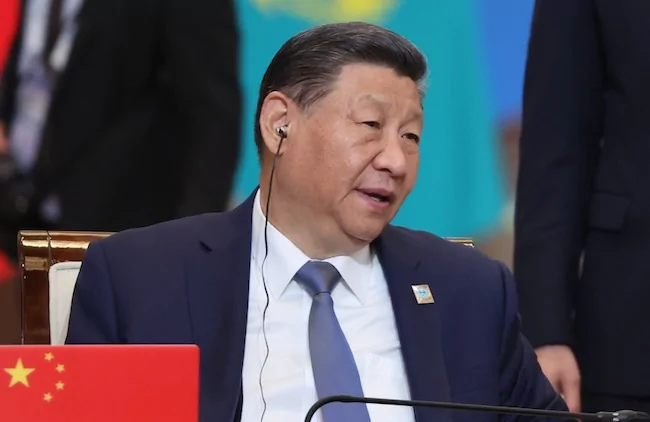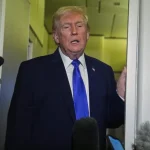

The United States has a problem. While American political leaders snipe at each other and the State Department prioritizes LGBT diplomacy across Africa and the world, China has sought to corner the world’s cobalt market.
Most Americans may not think much about cobalt, but the twenty-first-century economy depends upon access to the metal. Nearly all lithium-ion rechargeable batteries require cobalt for their manufacture, and so without cobalt, electric vehicle and computer manufacturing either halts or becomes susceptible to Chinese blackmail.
Today, the Democratic Republic of Congo (DRC) hosts more than 72% of world cobalt production, with China, Russia, and Cuba also seeking to produce the valuable metal. The Chinese mining giant CMOC moved into Congo early, bribing their way to contracts under former DRC President Joseph Kabila. After Félix Tshisekedi rose to power in 2019, he initially suspended the Chinese contracts, in theory, because a Congolese audit found the Chinese had failed to make good on promised infrastructure development. The Biden administration neglected to move in to try to take over the contract. After likely paying a new bribe, CMOC resumed operation.
What the DRC is to cobalt, China, and Argentina are to lithium. Even though Washington is slowly waking to the strategic necessity to access lithium and prevent a Chinese monopoly, Argentine lithium producers export almost four times as much lithium to China than to the United States. Scandalously, some Argentine firms exporting lithium to China are American subsidiaries that trade on the New York Stock Exchange.
While U.S. sanctions lag on export to China of lithium, advanced batteries, and fuel cells, many American, Canadian, and European investors seek to either evade legal or reputational damage or to prepare for the eventuality that sanctions will soon ban direct American trade.
As corporations and their subsidiaries prepare to evade American sanctions to the benefit of China, it is essential that Congressional leaders from both parties recognize the strategic interest in preventing such schemes.
Here, they can take inspiration from both late Senator Jesse Helms and President Bill Clinton. In 1995, the Clinton administration stepped in to prevent Conoco from developing two Iranian oil fields. The following year, after Conoco sought to make an end run around the spirit of the prohibition by outsourcing the work to a Dutch subsidiary, Congress passed the Iran-Libya Sanctions Act to empower the United States to slap sanctions on foreign firms investing in either terrorist sponsor. Europeans reacted with fury at what they perceived as American arrogance aimed at coercing their businesses. Many European politicians urged defiance, but European businessmen prioritized the impact to their bottom line of U.S. sanctions and extricated themselves from Iran and Libya work. In 1997, Clinton tightened the screws further with Executive Order 13059, prohibiting transshipment of goods or re-export from third countries into Iran.
China today poses a far greater threat to the world order than either Iran or Libya did in the 1990s. Corporate greed, American navel-gazing, and strategic blindness, however, allow China to further its advantage in strategic metals and the next-generation economy.
CLICK HERE TO READ MORE FROM THE WASHINGTON EXAMINER
To stop the flow of cobalt and lithium into Chinese reserves, it is essential to do two things: First is to disrupt Chinese exploitation of the Democratic Republic of Congo’s cobalt, and second is to target those companies who would underwrite developing and trade of Argentine lithium.
A single kilogram of either metal going to China is one kilogram too much. Fortunately, both Clinton and Helms show how advancing American interest need not falter on the shoals of shortsighted partisanship. The time to prohibit shipment of cobalt and lithium to China is now, even if that means sanctioning American firms, their foreign subsidiaries, or other Western firms.
Michael Rubin is a contributor to the Washington Examiner’s Beltway Confidential. He is director of policy analysis at the Middle East Forum and a senior fellow at the American Enterprise Institute.







